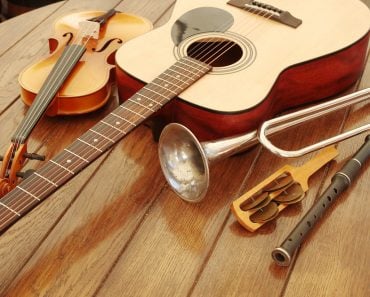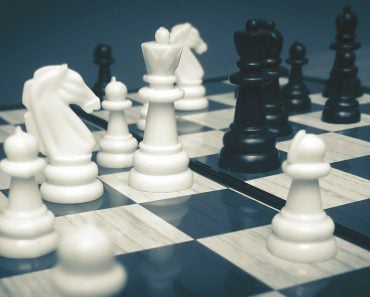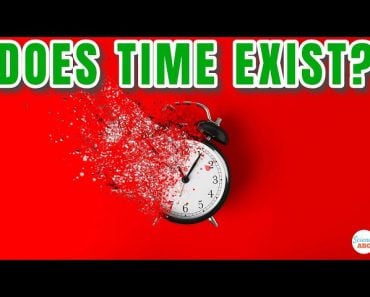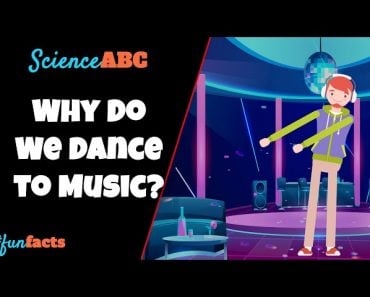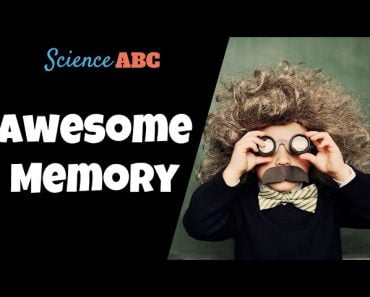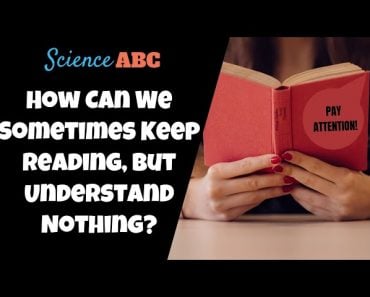Table of Contents (click to expand)
No, it is not too late to learn how to play an instrument.
A few weeks ago, I was having a conversation with a friend. In fact, it was more of a debate about whether the other side of one’s 20s is a bad time to learn an instrument. While I was against the statement, my friend was completely for it. Now, personally, this could be considered a bias. It’s easy for someone to say that learning an instrument isn’t all that difficult after a certain age if the person already sort of plays one. My friend would have probably had a slightly more realistic view of this as someone trying to do the said task. So, what does science say?
Recommended Video for you:
Is It Too Late?
Let’s cut to the chase, the answer is a resounding ‘No!’
You read that correctly. It is never too late to learn how to play a new instrument. While it won’t necessarily be the same or as easy as learning it from childhood, it is certainly not impossible. However, why should it be any more difficult, you ask? Well, let’s see.
A Symphony Of The Brain
Consider the act of reading a piece of music and playing it. Your brain is performing multiple functions. You’ve got to read the music, understand and maintain the rhythm, draw on your memory to play the notes/chords, and if it’s an instrument like the guitar or ukulele, then your hands also need to strum the strings correctly.
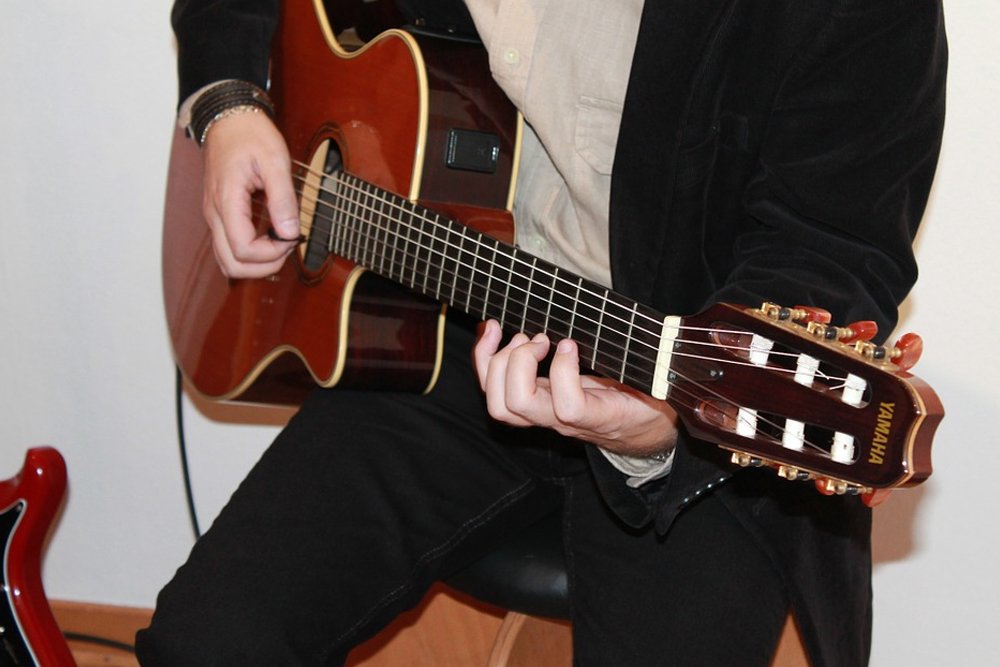
Unlike learning a language or painting, there are no specific regions of the brain for learning a musical instrument. Instead, various areas of the brain cross talk with each other to produce the sweet melody of a violin, or a dramatic piano concerto.
The auditory cortices located in the temporal lobes detects complex musical notes and the visual cortex is activated to read the sheet music, the cerebellum is involved in voluntary motor control and the sensorimotor areas of the brain sense motor movements. All these different regions and more that aren’t mentioned coordinate with each other to produce, say, Beethoven’s ‘Moonlight sonata’. Not to forget using parts of the prefrontal cortex to concentrate, parts of the brain involved in emotionally responding to the pieces, and memory structures such as the hippocampus.
It is a bona fide orchestra of the brain. Amongst this orchestra, the cerebellum deserves a special mention. Located at the base of the skull, under the larger cerebrum, this hindbrain structure has been the focus of much exciting research in the past two decades of neuroscience.
It looks like a mini brain, having intricate folds and two hemispheres. The cerebellum is in charge of our motor skill. Activities like writing, sitting up straight, doing the jumping jacks, or strumming a guitar all require the cerebellum to do its thing. Researchers have been exploring how the cerebellum helps us learn and improve our motor skills, as well as its connection with cognition.
Why Should You Pick Up A New Instrument After 30?
Developing and maintaining this coordination is easier to do in childhood than it is in adulthood. As children’s brain cells are still developing, it is easier to form cells devoted to just the instrument you play. As an adult, however, no new cells are formed. The way to learn an instrument is to establish new connections between already existing cells, and then reinforce these neuronal pathways.
This is why, while it may be difficult, it is not impossible to learn a new instrument after your 30th birthday. In fact, there are actually a few advantages!
Let’s begin with the fact that music has an astounding number of advantages, from being a stress buster to realizing your hidden potential. As an adult, you are more in need of a stress buster than the 12-year-old version of yourself. Therefore, music can be a great release. Learning a new instrument is like any other new challenge, and it keeps those grey cells ticking. It can prevent your brain cells from withering away and actually make you more alert. Patience is the key here. As an adult, basically, you have better discipline and patience to learn a new instrument.
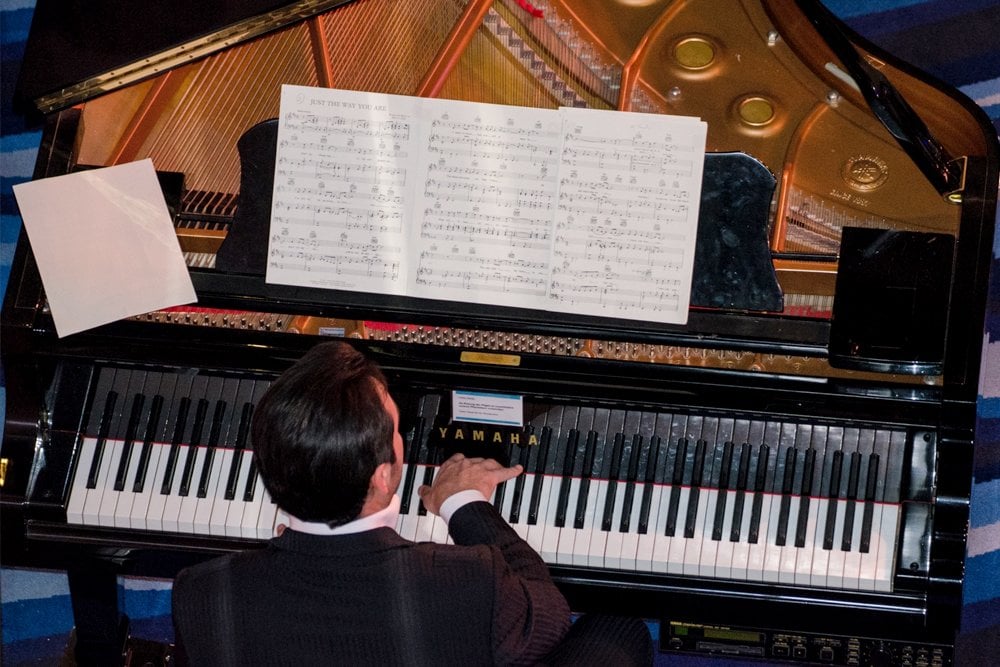
The adult brain is not static and unchanging. Even in adulthood, the brain has the capability to reshape and create new connections. At 30, one might not have the arsenal of new neurons that a child’s brain does, but the potential to learn and remould connections still exists. This ability is called plasticity.
But like the old saying goes ‘If you don’t use it, you lose it’, practice reinforces these newly formed neuronal connections. Children find it easier to practice not only because their brains are still developing, but because they lack the inhibitions many adults have of failing. So, patience is the key here. As an adult, basically, you have better discipline and patience to learn a new instrument, and you can remind yourself that failing isn’t bad.
Adults also have a better understanding of music as compared to what a child has, which could be a major game changer. Most kids are motivated by reasons other than their own desire to learn a new form of music. As an adult, you are the master of your own life, and the very fact that you decided to learn a new instrument speaks a lot for your motivation, rather than just a kid being forced to go to their evening class by overbearing parents.
Learning a new instrument can be a daunting challenge. None the less, it is not impossible, despite seeming like a herculean task! I guess what I’m trying to say is that you should not lament over lost time. If you always wanted to drum your way around the world, pick up those drumsticks, give yourself a nice pep talk, read through this article again and get to work!
Learning a new instrument can be a daunting challenge. None the less, it is not impossible, despite seeming like a herculean task! I guess what I’m trying to say is that you should not lament over lost time. If you always wanted to drum your way around the world, pick up those drumsticks, give yourself a nice pep talk, read through this article again and get to work!


